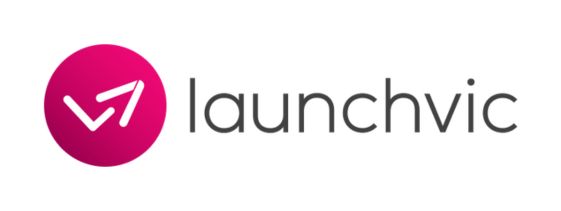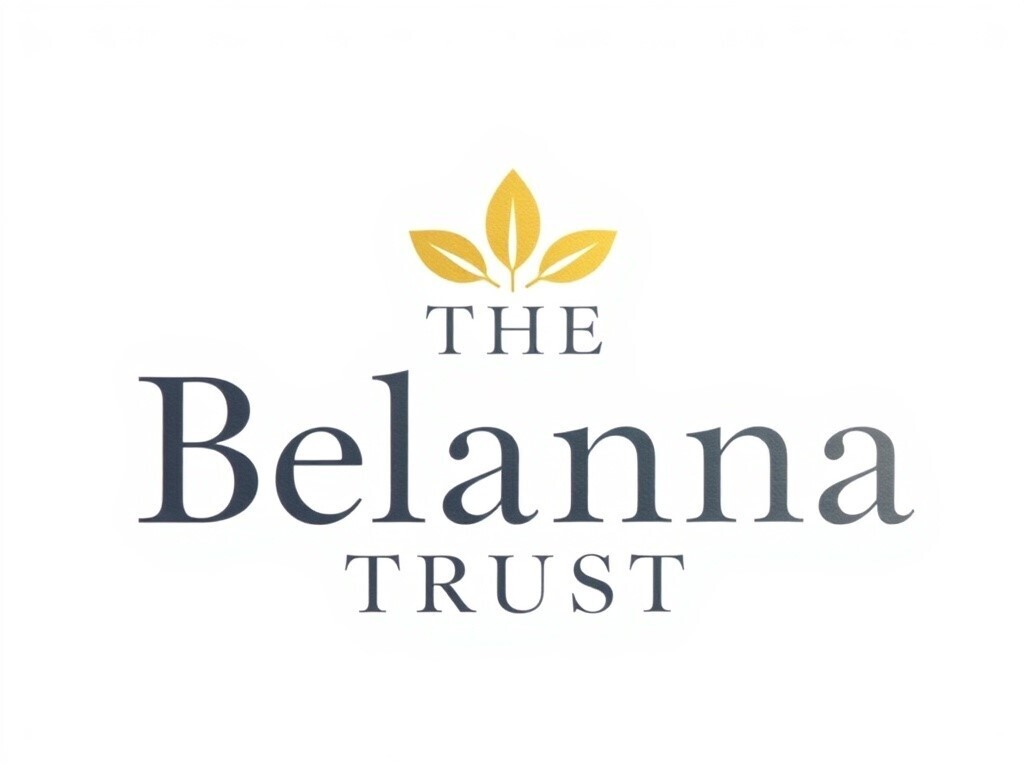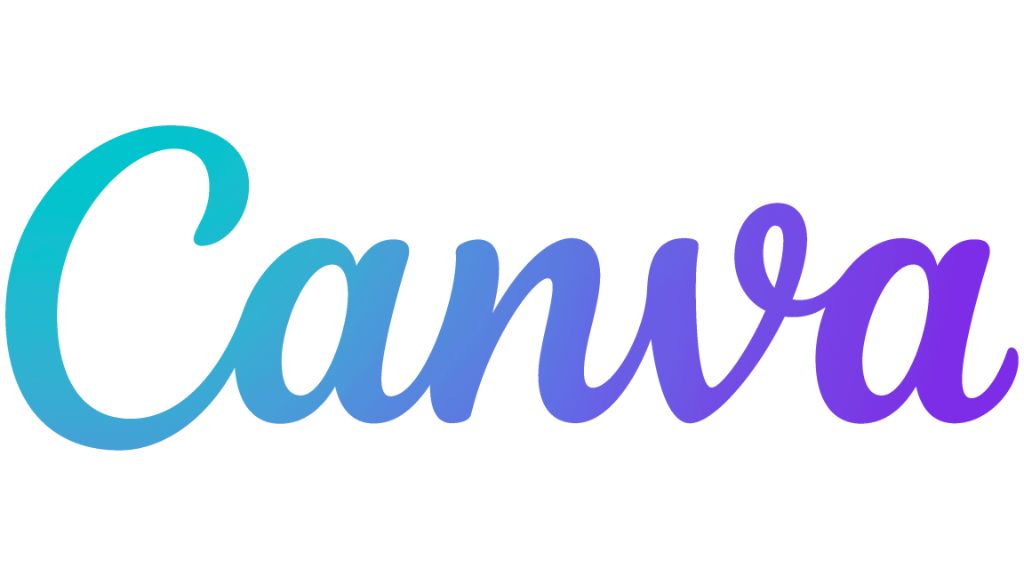
How accessible is live music for everyone?
You can also stream this episode on Spotify or Apple Podcasts.
Episode Overview
In this episode of Remarkable Insights, we delve into the world of music, accessibility, and technology with Dina Bassile, the passionate founder of Tibi Access. From a simple idea to improve the accessibility of creative industries, to working with the Taylor Swift Eras Tour, Dina is changing the landscape of live music and events. Tune in to this new episode now!
Meet Our Guest
Dina Bassile, Founder of Tibi Access is a passionate advocate for inclusivity and accessibility in the music industry. As a person living with a disability, Dina has lived experience of the Australian music industry’s gaps in accessibility, and created Tibi Access as a necessary means to change the landscape of live music, events and venues for the better.
Her work in the industry is vital, and was recently recognised at the AWMAs when she won the inaugural Tina Arena Special Impact award.
Key Quotes
Below are some of the key quotes that capture the essence of our discussion:
"There are two parts to accessibility. There's the hardware, like ramps and rails, and the software, like attitudinal barriers and customer service information online. Finding information to know if a space is accessible can be really difficult."
"Tech is so cool. We have things like BindiMaps, which guide people who are blind or low vision to specific locations, and haptic vests for Deaf and Hard of hearing individuals that vibrate along with the base of music, creating a full, immersive experience."
"When I received the email about working on the Eras Tour, I initially thought it was spam. It was very real and very surreal. The feedback we received was incredible. Removing access barriers so people could purely enjoy the music was the best gift we could give."
Video Highlights
Check out some of the highlights of this episode of the Remarkable Insights podcast, now featured in our captioned video reel!
Episode Transcript
To access a transcript of this episode click on the drop-down button below.
Image Gallery
[00:00:00] Viv Mullan
We would like to acknowledge the traditional owners of the lands on which we record this podcast. The Gadigal people. This is their land, never ceded, always sacred and pay respects to the elders past, present, and emerging of this place.
[00:00:16]
(Bright, uplifting music with electronic beats and cheerful synth melodies.)
[00:00:17] Viv Mullan
Coming up on Remarkable Insights
[00:00:28] Viv Mullan
How accessible is live music? Welcome to Remarkable Insights. I'm Viv Mullan. And today we're diving into the accessibility of live entertainment and the music industry with Dina Bassile of Tibi Access. Dina, thank you so much for joining me for an episode of Remarkable Insights. If we could start, would you mind introducing yourself and any key things about how you choose to identify that you would like the audience to know?
[00:00:51] Dina Bassile
Thank you so much for having me. I am Dina. I am… a person with lived experience of disability. And I am an access consultant for the creative industries, which I love. It's my favourite thing in the world right now.
[00:01:06] Viv
Incredible. And your mission, which has become more of a, I suppose, the backbones of the company you founded is really to increase accessibility, inclusion and equity of live music industry space. Can you speak to that journey and where you're at with that now?
[00:01:25] Dina Bassile
Yeah, so we do everything in the creative industry. So not just live music, but we work with venues, we work with artists, we work with visual artists, everything kind of under the creative industries umbrella.mLike I mentioned earlier, I am a person with lived experience myself, but I also have a background in creative industries. So I, many months ago, I did a degree in entertainment business management. And I did everything sort of within the creative industries and the music industry that you could do. and I didn't really find what I loved. And someone said to me, you need to find the gap in the industry and you need to fill it. And for me, it was a little bit of a light bulb moment in that I'm a person with lived experience myself. I've been in the music and arts industry since, you know, I can remember I've been attending events since I was, you know, a young girl and I've experienced firsthand the lack of accessibility. And that was the gap in the industry that I wanted to fill. And that was sort of the start of Tibi.
[00:02:29] Viv
And for people listening, Tibi stands for Tibi access. And for people who might not have experience necessarily with some of these barriers that you're trying to remove, can you shine a light on either some common accessibility barriers or experiences that you had that are really sort of giving you the fuel to drive change in this space?
[00:02:50] Dina Bassile
Yeah. It's a really good question because there's sort of two parts to accessibility. There's your hardware, which are your ramps and your rails, in your bathrooms, but then there's the software, which is your attitudinal barriers and, you know, customer service information online. So for me, my barriers are mostly when it comes to physical access, but then finding
the information for me to know if a space is accessible to know. if there's an accessible bathroom, was really, really difficult. Sort of the general knowledge that I needed or I needed to find was really hard to find. And then finding someone to contact, typically if, say, for example, an event was held at a venue, often music venuesoperate at night. So when I'm calling and it's night time and it's busy, they often can't hear me and can't give me the right information. So often I'd go to events. hoping that it was accessible and there would be the occasion where it wasn't accessible and I've wasted my time, I've wasted my money, I've gotten ready to an event that I can't access, which, you know, when it happens multiple times, it can shoot you down a little bit. But as I've grown and, you know, met other people, I've seen other barriers that, you know, occur for other people as well when, you know, there aren't captions available or Auslan interpreters available or… The lighting isn't sufficient or there's no sensory space for people as well.
[00:04:21] Viv
What is the role of innovation and tech with what you're doing now to try and remove those sorts of barriers?
[00:04:28] Dina Bassile
Tech is so cool. Like there's so much, you know, change that's happening, I guess, in technology and in this space as well. So, you know, we have things like BindiMaps, which are a really cool piece of technology for people, who are blind or low vision where BindiMaps can step into any space, set up some beacons and then those beacons will guide a person who has the BindiMaps app to their specific location. So if you're in say a festival, for example, and you want to go to the merch desk, you can use that app to verbally direct to you kind of like Apple maps or Google maps, verbally guide you, “in 200 metres, turn left or turn right” to guide someone in this space to feel independent. to be able to navigate it. One of my favourite pieces of technology at the moment are haptic vests. So they're vests that are used primarily by people who are Deaf and Hard of hearing. And their vests vibrate along with the base of music. You can also connect some of the vests to, I guess, the music, your audio text will work really closely with you so that when it's like hi-hats, it might vibrate on your wrists. And when it's… bass, you'll feel it in your chest and when it's other instruments, you'll feel it in your ankle. So it's like this full, immersive incredible experience.
[00:05:52] Viv
And I think I might be skirting. I just realised I missed the biggest event, not the biggest, but one of the most recent ones is working with the Eras Tour with Taylor Swift. I mean, firstly, what is it like to land that job?
[00:06:05] Dina Bassile
When I received that email, I initially thought it was spam. I really didn't think that it was
legitimate, but it was. I can tell you now, it was very real and it was very surreal. It was such an amazing experience and we had just the most incredible feedback. For us to take away those access barriers for them and for them to just purely enjoy her and enjoy her music was the best gift that we could give to them. Accessibility is a journey and it doesn't happen overnight. And I think that, you know, everyone who worked on this tour has learned a whole bunch of things in terms of, you know, how we can improve things and what we can do to improve things. And I think technology can play a massive part into, you know, ensuring that the right information gets across for, you know, patrons tickets so that they are getting the right seats and their access requirements are being met from the get-go so that they don't have to advocate from, you know, the time that they enter to say, “hey, this isn't right”. And, you know, “I need this fixed”.
[00:07:16] Viv
I mean, coming out of like such an incredible experience with the Eras Tour and you truly did an incredible job. Do you have like a highlight of something that you put in place that was an accessibility feature that is something that just sort of is a highlight? Do you have an example of an experience someone had?
[00:07:36] Dina Bassile
Yeah, I mean, something that we implemented into the show was social stories. So social stories are a step-by-step guide of what to expect. So they're used quite a bit by the neurodiverse community or someone with an intellectual disability. Obviously stepping into any event or any space is busy or as crowded as a Taylor Swift tour can be really overwhelming. There's lots of sensory elements that are happening. and so when we create the social stories, it's a step-by-step instruction of like what questions you might be asked so that people are not too overwhelmed. They go, “I know someone's going to come to me and maybe offer me a friendship bracelet because I've read it in a social story” or “security are gonna ask me to lift my arms up”. They don't have to take that extra time to process it because they've already processed it pre-event. Something like this again, is like this quick. an easy kind of low hanging fruit accessibility feature that we created. We put on the website and it kind of went viral and people were just so overwhelmed and so over the moon because we just created this one thing. And I think something with this tour that I found is that it's been so heartwarming and so beautiful, the feedback that we've had. But at the same time, I kind of sit there and I go, I've had these, you know, patrons and parents calling me in tears going, I can't believe a service like this exists and it's so amazing but then something in me goes, we're providing the bare minimum and it's not a standard across the board in the industry. And that's really sad because people are so overwhelmed by us just going, “Hey, we'll meet you at the gate and we'll help you get to your seats and we'll make sure that you feel safe and supported”. And that changes the whole game. for some people.
[00:09:35] Viv
Incredible. And we love to end these conversations by asking our guests to leave people with a remarkable insight. Based on the work you're doing, is there anything you would like people to continue to think about after this episode?
[00:09:48] Dina Bassile
I really want people to just remember that accessibility is not this big and scary thing, that it is accessible for everyone and everyone can do it, whether, you know, you bring in an accessible toilet to your space for the first time, or you create a social story, or you do some disability awareness training. It's a journey. And as a business, you know, when you start a new financial year, you budget, when you go, I want to put this much money into marketing. I want to put this much money into, you know, making the space, upgrading my space, try to start putting aside some money for, you know, your accessibility, maybe. This year you'll do some disability awareness training for your staff and next year you have a website audit or whatever it's going to be.
[00:10:31]
(Uplifting music returns with rhythmic electronic beats and melodic synths). Make sure you subscribe or hit follow to not miss another Remarkable Insights episode.



.png)
.jpg)

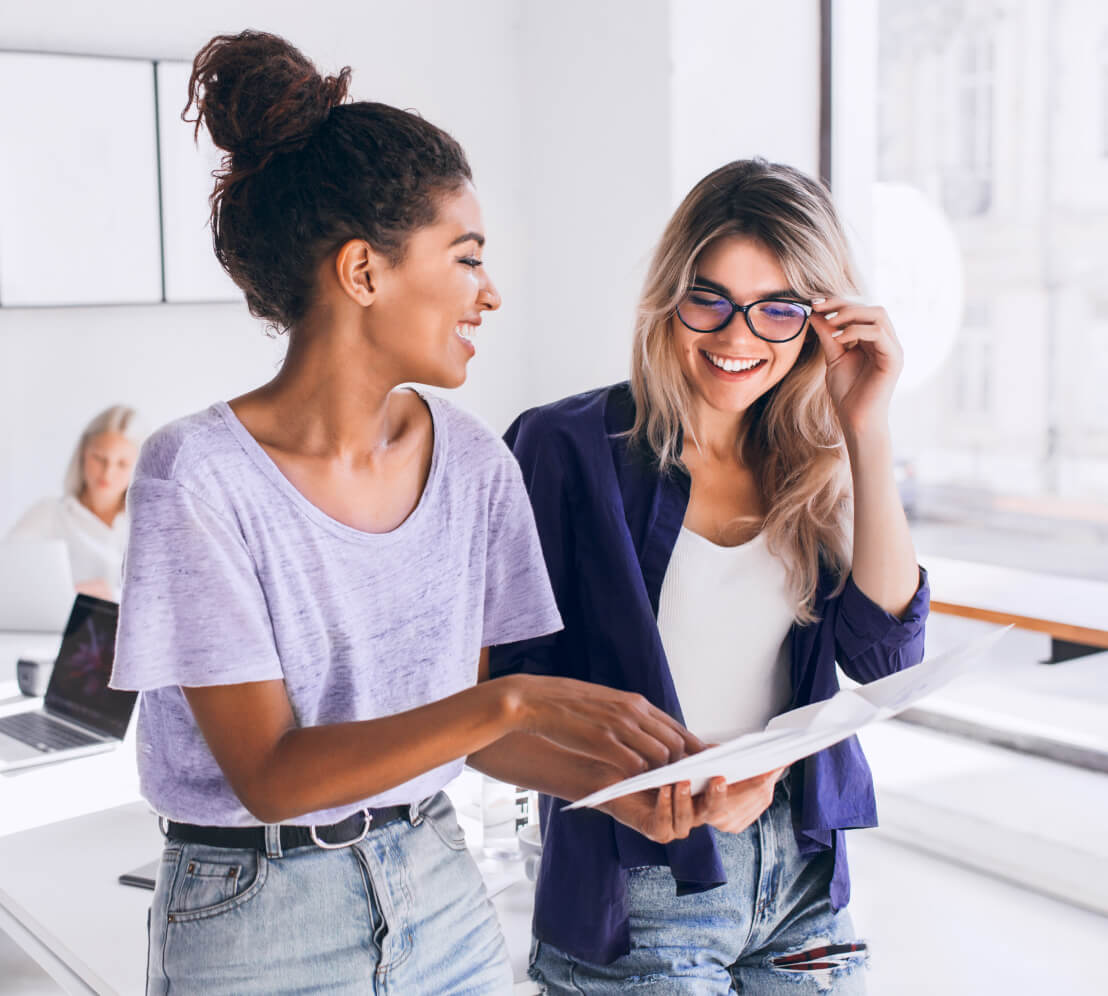
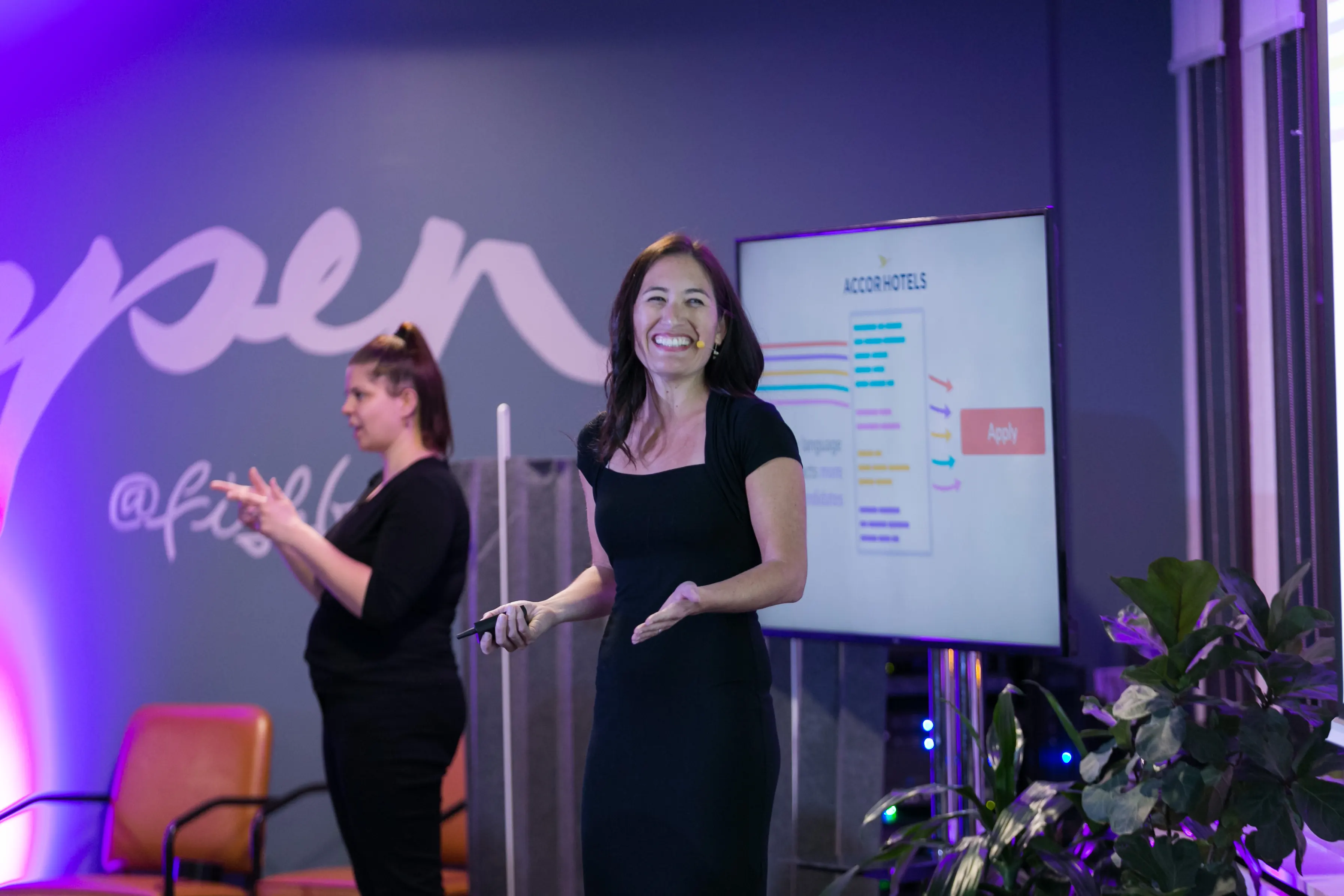


%20(1).png)






